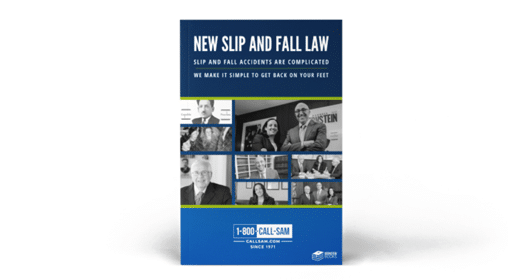Michigan SLIP & FALL LAWYERS
If you are injured in a fall on someone else’s property, we will protect your rights and win the compensation you deserve.
A recent Supreme Court ruling makes it easier for slip and fall victims to receive compensation. Details below.
MICHIGAN’S MOST EXPERIENCED SLIP AND FALL ACCIDENT LAWYERS
If you are injured in a fall, you may be entitled to significant compensation for your losses, including economic (medical expenses and lost wages) and intangible (pain and suffering) damages.
However, because slip and fall claims are more complex than they appear, it is wise to contact us as soon as possible. With decades of experience and a proven track record of winning large verdicts and settlements for our clients, we will fight to win the compensation you deserve.
New Slip and Fall Law Book
The law regarding Michigan slip and fall cases has recently changed and we wrote the book! Download our FREE slip and fall law book by clicking the picture below to learn more.
Contact us for a free consultation and to find out if you're eligible for compensation.
THE BASICS OF SLIP AND FALL ACCIDENT CLAIMS
In simplest terms, when an individual is injured in a fall caused by a hazardous condition on another person’s property, the victim may seek compensation by filing a claim against the responsible party.
All slip and fall claims are based on the concept of “premises liability,” a term used in situations where an individual is injured because of an unsafe condition on someone else’s property.
In every slip and fall case, the victim must establish these four basic elements:
- Property owner had a duty to maintain a safe environment (duty of care)
- In Michigan, as in most states, property owners have a legal duty to keep their premises safe and free from potential hazards.
- Property owner failed to fulfill this obligation (breach of duty)
- A property owner whose failure to remove or repair unsafe conditions or potential hazards that cause someone to be hurt may be accused of violating their duty to maintain a safe environment.
- Victim’s injuries were caused by the defendant’s negligence (proximate cause)
- The fall and subsequent injuries were caused by a dangerous condition on the premises, such as a faulty railing, broken step, spilled liquid, uneven concrete or other hazard.
- Victim suffered damages as a result of the accident
- The victim has to sustain injuries serious enough to require considerable medical treatment and follow-up, financial losses such as medical bills and lost income and intangible damages such as pain and suffering. Bruises, scraped knees and other minor injuries do not constitute grounds for a slip and fall lawsuit.
DOES A VICTIM HAVE TO PROVE NEGLIGENCE TO WIN A SLIP AND FALL LAWSUIT?
Yes. To win a premises liability case, the plaintiff has to prove the owner or operator of the premises was negligent. In legal terms, this means the property owner failed to use “reasonable care” in keeping the premises free of hazards and dangerous conditions.
Property owners may be considered negligent for conditions they caused or were responsible for (liquid spills, obstacles left on floors or walkways, poor lighting) as well as hazards beyond their control (icy sidewalks or entryways).
The main determinant is whether they knew (or should have known) about the dangerous condition and failed to remove or repair it within a reasonable amount of time.
However, this can be hard to prove unless there is documentation showing the hazard had been reported to the owner. Furthermore, proving the defendant “should have known” about the condition is even more difficult.
This is one of many reasons victims should contact an experienced slip and fall accident lawyer as soon as possible.
HOW WILL VICTIMS BENEFIT FROM RECENT CHANGES TO THE “OPEN AND OBVIOUS” LAW?
Slip and fall victims will have an easier time recovering damages following a recent Michigan Supreme Court decision about the “open and obvious” doctrine. In the past, property owners were able to avoid liability when “an average person of ordinary intelligence would have been able to discover the danger and risk upon casual inspection.”
Previous lawsuits focused on the victim’s ability to recognize and avoid a potential danger rather than the owner’s duty to remove the hazard or warn visitors about its inherent risks. While there were some limited exceptions to the rule, most cases were decided in favor of the property owner.
In a groundbreaking joint ruling on two separate cases, Kandil-Elsayed v F & E Oil and Pinsky v Kroger, the Michigan Supreme Court overturned previous “open and obvious” case law that exempted property owners from liability when a condition is visible to the average person. Going forward, the courts will consider whether a landlord breached the duty to maintain a safe premises, along with the degree of fault (if any) on the part of the victim. Because property owners will no longer get an automatic pass, victims will be more likely to receive compensation for losses sustained in a slip and fall accident.
WHAT IS THE MICHIGAN STATUTE OF LIMITATIONS FOR SLIP AND FALL CLAIMS?
The statute of limitations for Michigan personal injury cases, including slip and fall accidents, is three years. This means the clock typically starts running on the date the accident occurs. Those who miss the legal deadline risk having their claims dismissed and losing out on the compensation they are entitled to.
In addition, there are exceptions that apply under certain conditions:
- When the victim is a minor (under age 18)
- Slip and fall victims who were minors (under 18) at the time of the accident have one year from their 18th birthday to file a lawsuit. However, a parent or guardian may file a claim on the minor’s behalf. This is preferable because there are drawbacks to delaying legal action that can have a negative impact on a case.
- When the victim has a mental health condition
- This exception applies when a victim has a mental illness or other condition that prevents them from understanding their rights and acting accordingly. In these circumstances, the person does not have to be declared legally insane for the statute of limitations to be extended.
- When the defendant cannot be served
- If the property owner or other person believed to be responsible for the accident leaves the state before the lawsuit is filed and is absent for more than two months, the statute of limitations may be extended.
- Despite the three-year time limit and exceptions, it is always better to consult a qualified slip and fall lawyer and begin legal action as soon as possible after an accident. Otherwise, physical evidence can vanish and witnesses may be unavailable or lose their recollections as time passes.
- When an accident occurs on government property
- Most governmental agencies and municipalities have shorter statutes of limitations for personal injury claims, although these cases are difficult to win due to governmental immunity laws.
- However, it is best to pursue legal action without delay, while physical evidence and witnesses are still available.
If you or a loved one has been injured in a slip and fall accident, contact us as soon as possible.
CAN A TRESPASSER SEEK COMPENSATION FOR A SLIP AND FALL ACCIDENT?
Typically, no. To seek compensation from the responsible party, the injured person must have a lawful right to be on the premises. This includes patrons of a mall, store or other business, apartment complex residents and visitors, office building employees and visitors, utility and repair/maintenance workers, mail carriers and delivery personnel and anyone else legally permitted to be on the property.
A person who is injured while trespassing on a property is usually not entitled to compensation. However, certain exceptions are made when the victim is a child or other extenuating circumstances exist. Therefore, it is always a good idea to contact an experienced slip and fall accident lawyer if you are injured on someone else’s property.
HOW IS COMPENSATION FOR A SLIP AND FALL ACCIDENT DETERMINED?
Because compensation is based on many factors, there is no one-size-fits-all settlement. In general, compensation for personal injury cases is based on the extent and severity of the injuries and associated damages. Plaintiffs who require long-term care or extensive rehabilitation therapy typically receive larger settlements than those whose injuries are less severe.
Compensation for a slip and fall claim consists of two parts:
- Direct economic losses such as medical bills and lost income
- Intangible, or non-economic, damages such as pain and suffering
However, under Michigan law, victims who are more than 50 percent at fault for an accident cannot receive non-economic damages.
Economic damages typically include:
- Medical expenses, present and future
- Nursing services or other home health care
- Long-term care
- Rehabilitation therapy
- Medications
- Lost wages, short-term and future
Non-economic damages may include the following:
- Physical pain and suffering
- Mental anguish
- Lingering stress and anxiety
- Loss of consortium or companionship (on behalf of a spouse, partner or family member)
- Loss of self-esteem due to scarring or permanent disability
If you or a loved one has been injured in a slip and fall accident, contact us as soon as possible.
DOES THE “NATURAL ACCUMULATION” RULE AFFECT A SLIP AND FALL SETTLEMENT?
Not necessarily. The term essentially means Michiganders should expect a certain amount of snow and ice during the winter months. In the past, this precept made it difficult for victims to sue property owners for injuries caused by slippery conditions on sidewalks or parking lots. In addition, the former version of the “open and obvious” doctrine allowed landlords to escape liability when snow and ice were visible to the average person.
However, plaintiffs will now have an easier time receiving compensation due to a recent Michigan Supreme Court ruling on the “open and obvious” rule. Property owners will no longer get an automatic pass in these situations; instead, the court will consider whether they breached their duty to keep the premises safe, along with the degree of fault (if any) assigned to the victim.
WILL I RECEIVE COMPENSATION IF I AM PARTLY AT FAULT FOR THE ACCIDENT?
It depends on the degree of fault assigned to each party. Under Michigan’s modified comparative negligence statute, settlements in personal injury cases are affected by the victim’s role in an accident. For example, someone who did not see a step because they were focused on a cell phone, or an individual who wore high heels to walk through an icy parking lot would be considered partially responsible for the accident that caused their injuries. In those cases, the amount of compensation may be reduced according to the degree of fault assigned to the plaintiff.
Furthermore, a victim who is more than 50% responsible for an accident may not receive compensation for non-economic losses such as pain and suffering. This is significant because these intangible damages often comprise the most substantial part of a settlement.
If the plaintiff is found partially at fault, the compensation would be determined as follows:
- Plaintiff’s attorney negotiates a settlement of $100,000
- Plaintiff is determined to be 30 percent at fault for texting at the time of the fall
- Settlement is reduced by 30 percent, or $30,000
- Plaintiff receives $70,000, less attorney fees and expenses
HOW DOES "GOVERNMENTAL IMMUNITY" AFFECT A SLIP AND FALL ON PUBLIC PROPERTY?
With few exceptions, Michigan law provides governmental entities complete immunity from tort liability. This means it is extremely difficult to sue a government agency or municipality if you are injured on public premises.
Therefore, if your injuries result from a hazardous condition on public property, the first step is to determine who owns or is responsible for maintaining the premises.
Although the government may be liable when its failure to maintain a public building causes personal injury, the type of defect must meet specific standards. In addition, the victim must prove the governmental agency knew about the defective condition and failed to correct it in a timely manner.
Fortunately for Michigan motorists, highways are exempt from governmental immunity rules. According to Michigan law MCL 691.1402, "each governmental agency having jurisdiction over a highway shall maintain the highway in reasonable repair so that it is reasonably safe and convenient for public travel." Therefore, a person who is injured as a result of the government’s failure to properly maintain a highway may seek damages from the responsible entity.
Finally, the statute of limitations is much shorter for claims against a city, state, or other government entity. Therefore, it’s important to contact us immediately if you are injured in a fall on public property.
MOST COMMON CAUSES OF SLIP AND FALL ACCIDENTS
There are many different reasons why slip and fall accidents occur. Below is a list of hazards that frequently cause falls resulting in serious injuries:
- Cracked or crumbling staircases
- Clear ice or black ice
- Uncleared snow
- Inadequate lighting
- Defective flooring
- Improperly secured mats
- Standing puddles of water
- Stairways and steps that are in violation of building safety codes
- Hidden drop-offs
- Concealed holes
- Poorly maintained escalators, elevators, or moving walkways
AM I RESPONSIBLE IF SOMEONE IS INJURED ON MY PROPERTY?
In general, homeowners have the same legal duty as all property owners to keep their premises free of potentially dangerous conditions. However, if the home is rented, the landlord or property owner may be liable, depending on the situation. For example, if the lease states that the tenant is responsible for snow and ice removal, and a visitor falls on the icy porch and breaks an arm, the tenant could be responsible. Nonetheless, the victim would still have to prove negligence on the part of the tenant.
In a multi-unit rental property, such as an apartment complex, responsibility is usually determined as follows:
- The landlord is typically responsible for common areas outside the individual units, including entrances, lobbies, common hallways and stairways and sidewalks and for keeping the property safe for tenants and visitors
- The tenant is usually responsible for the conditions inside the apartment
For example, the landlord or owner is responsible for a puddle on the floor of the laundry room that is shared by several tenants. But, if a tenant spills water inside the apartment and a visitor slips and falls, the tenant could be held responsible.
WHAT VICTIMS SHOULD DO (AND NOT DO) AFTER A SLIP AND FALL ACCIDENT
Taking certain steps immediately after an accident can increase your chances of success if you decide to pursue legal action. On the other hand, some actions can hurt your case and should be avoided at all costs.
What to Do:
- Seek medical treatment right away, either at an emergency room or urgent care facility
- Describe the circumstances of your fall, including your pain level and any injuries you sustained. If possible, obtain a copy of the ER report when you’re discharged.
- Take photographs of the hazardous condition if possible
- Get contact information for witnesses
- Call a reputable personal injury attorney who specializes in slip and fall cases
- Your lawyer will advise you on what steps to take and what you should avoid doing. Then, refer any calls or written inquiries from the property owner or their insurance company to your lawyer.
- Follow up with your physician to develop a treatment plan for your injury
- This may include further diagnostic tests such as MRIs or specialized X-rays. If physical therapy is recommended, make the appointments and attend every session.
What Not to Do:
- Do not complete a written incident report or give any details to the property owner or their insurance representative without consulting a slip and fall attorney
While property owners or landlords may ask for this, you are not legally required to comply with the request. Without a thorough knowledge of slip and fall injury law, victims often volunteer information that ends up hurting their case. To report an accident, make a phone call or give a verbal statement to the person responsible for the premises. Limit your statement to the time and location of your fall. Do not discuss your injuries or the circumstances of the accident. And never sign anything you do not fully understand.
If you or a loved one has been injured in a slip and fall accident, contact Michigan's most experienced personal injury law firm as soon as possible.
GET THE BERNSTEIN ADVANTAGE® TODAY!
Client reviews

"THEY KEPT ME UPDATED."
- Veronica, Actual Client

"I WILL BE FOREVER GRATEFUL."
- Tim, Actual Client

"I FELT LIKE I WAS A PART OF THE FAMILY"
- Terrence, Actual Client

"VERY PROFESSIONAL & KNOWLEDGEABLE"
- Sherry, Actual Client

"PASSIONATE, COMPETENT, COMMITTED"
- Actual Client

"THEY STAND BY THEIR WORD."
- Actual Client

"KIND & COMPASSIONATE"
- Nancy, Actual Client

"YOU CAN TRUST THEM 100%."
- Michael, Actual Client

"HONEST, CARING, SUPPORTIVE."
- Janice, Actual Client

"THEY TOOK PERSONAL INTEREST IN ME."
- Janice, Actual Client

"I KNEW I WAS IN GOOD HANDS"
- Jerry, Actual Client

"NUMBER ONE PERSON I'D RECOMMEND."
- Actual Client

"SAM'S GOT YOU COVERED."
- Chris, Actual Client
RECOMMENDED READING
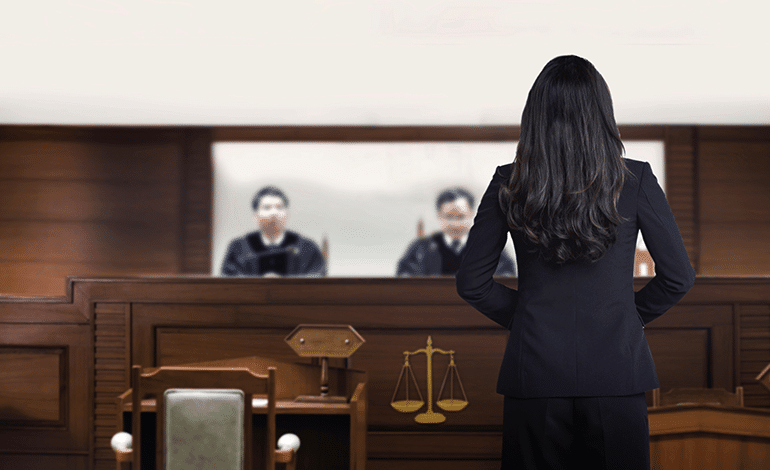
SETTLEMENT OR TRIAL: MAKING THE RIGHT DECISION FOR...
If you are injured as a result of someone else’s negligenc Read more…
February 29, 2024
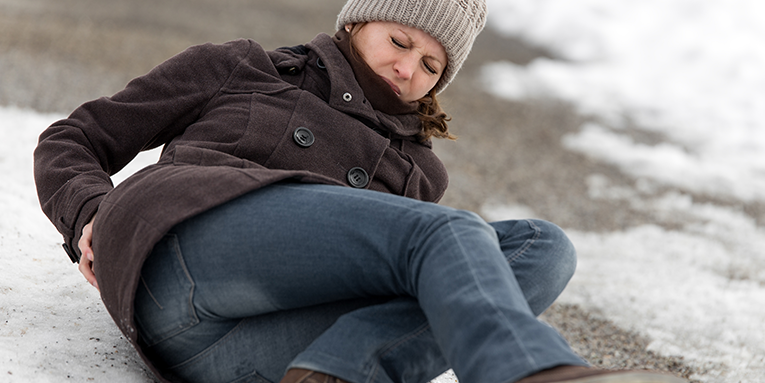
SLIP AND FALL HAZARDS TO AVOID THIS WINTER...
Each year, millions of people visit the emergency room for s Read more…
January 30, 2024
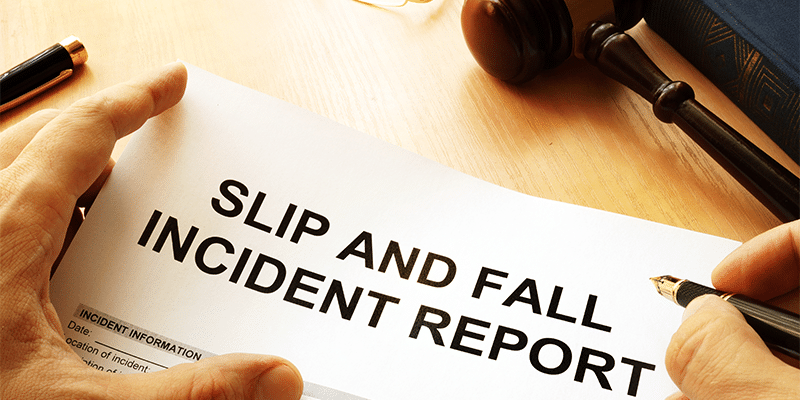
MICHIGAN SUPREME COURT RULES TO HOLD LANDLORDS AND...
Slip and fall victims now have a greater chance of recoverin Read more…
August 3, 2023
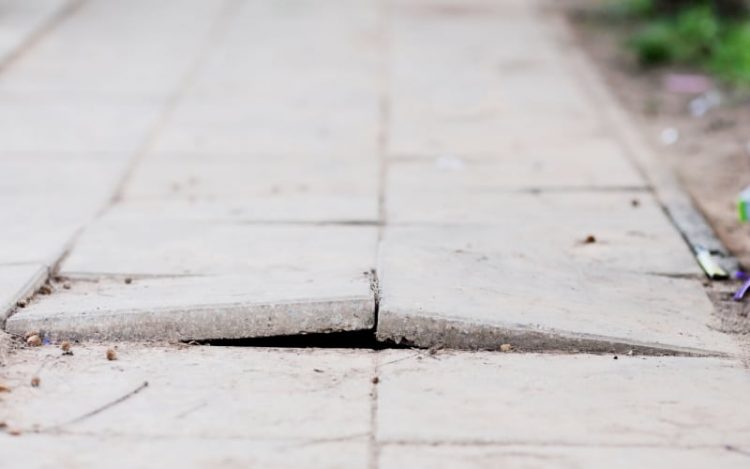
SIDEWALK SLIP AND FALL: DO I NEED AN ATTORNEY?...
UPDATE: Michigan Slip & Fall Law has changed. The inform Read more…
April 14, 2023

HOW TO FIND THE BEST SLIP AND FALL ATTORNEYS IN MI...
UPDATE: Michigan Slip & Fall Law has changed. The inform Read more…
April 13, 2023
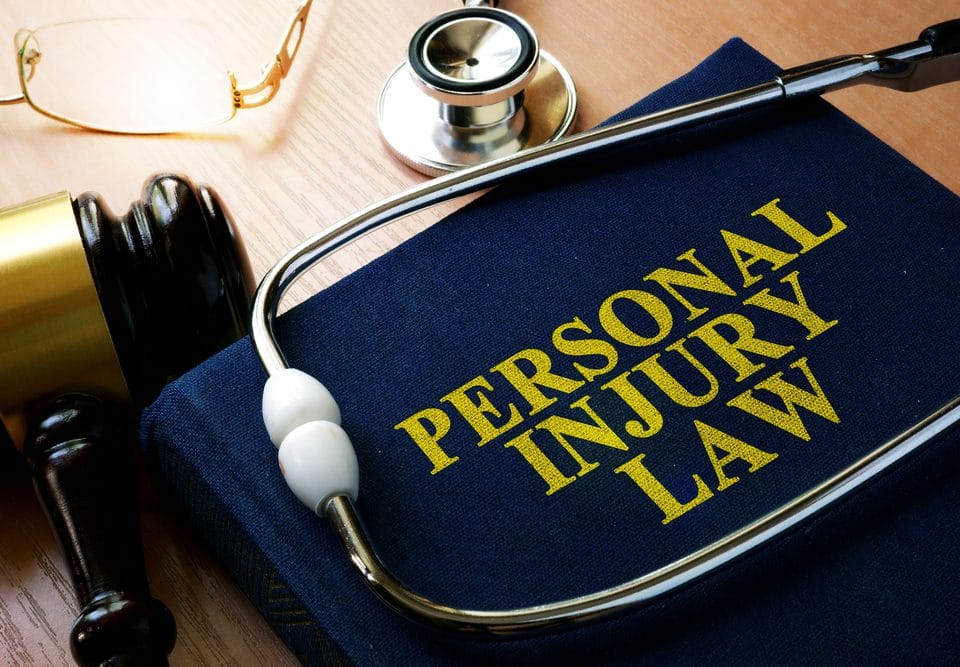
WHAT ARE THE MOST COMMON TYPES OF PERSONAL INJURY ...
UPDATE: Michigan Slip & Fall Law has changed. The inform Read more…
April 1, 2022
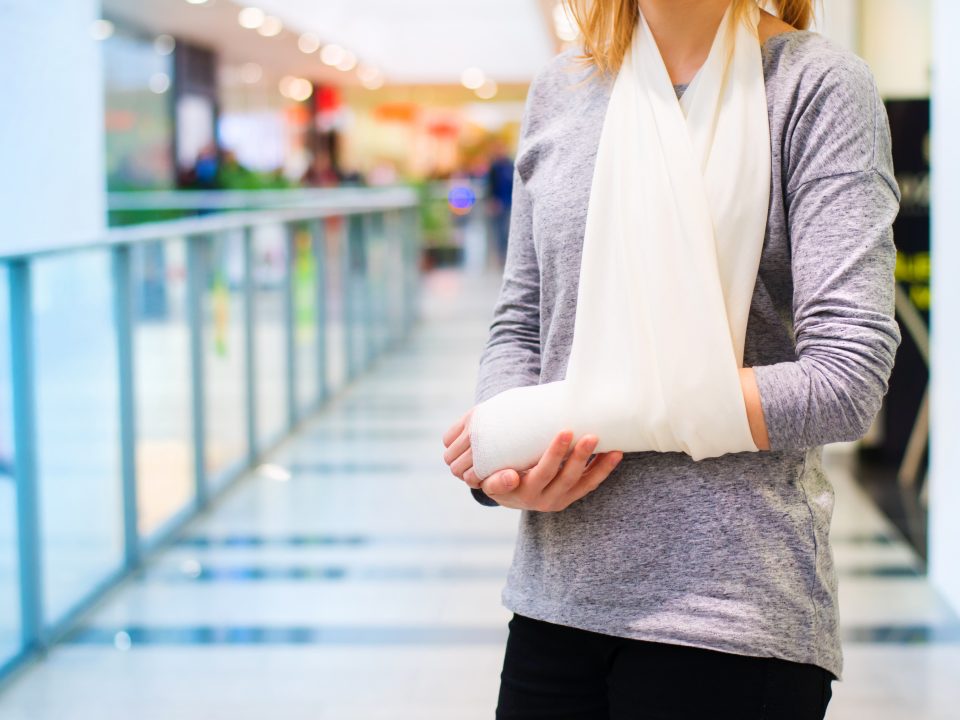
PERSONAL INJURY: COMMON DETROIT SHOPPING MALL ACCI...
UPDATE: Michigan Slip & Fall Law has changed. The inform Read more…
March 2, 2022
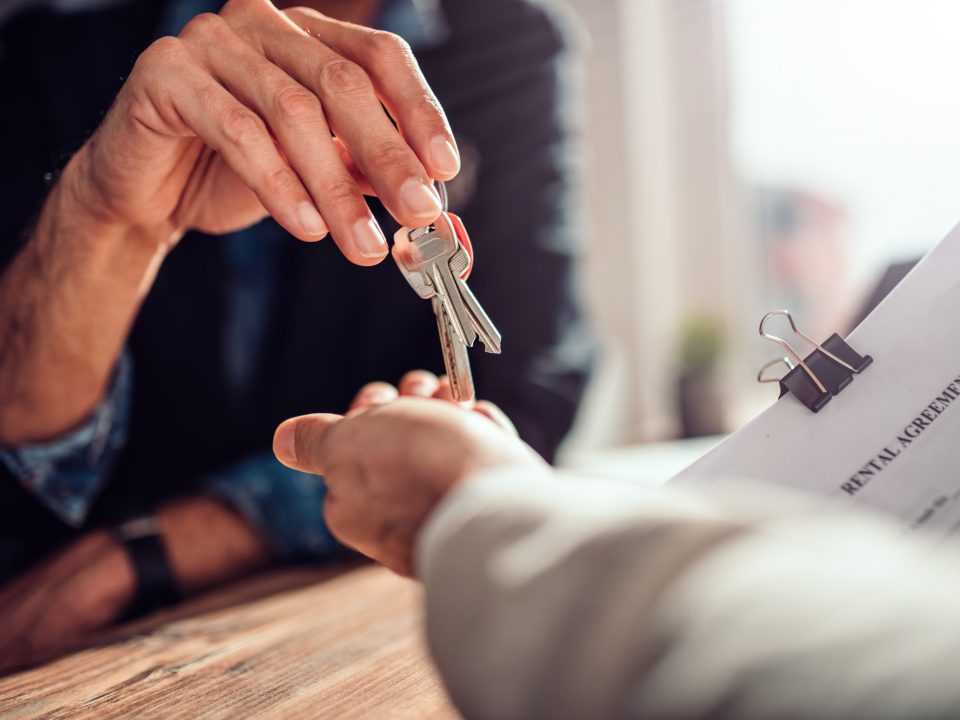
Is Your Landlord Responsible for Your Safety? What...
UPDATE: Michigan Slip & Fall Law has changed. The inform Read more…
March 1, 2021
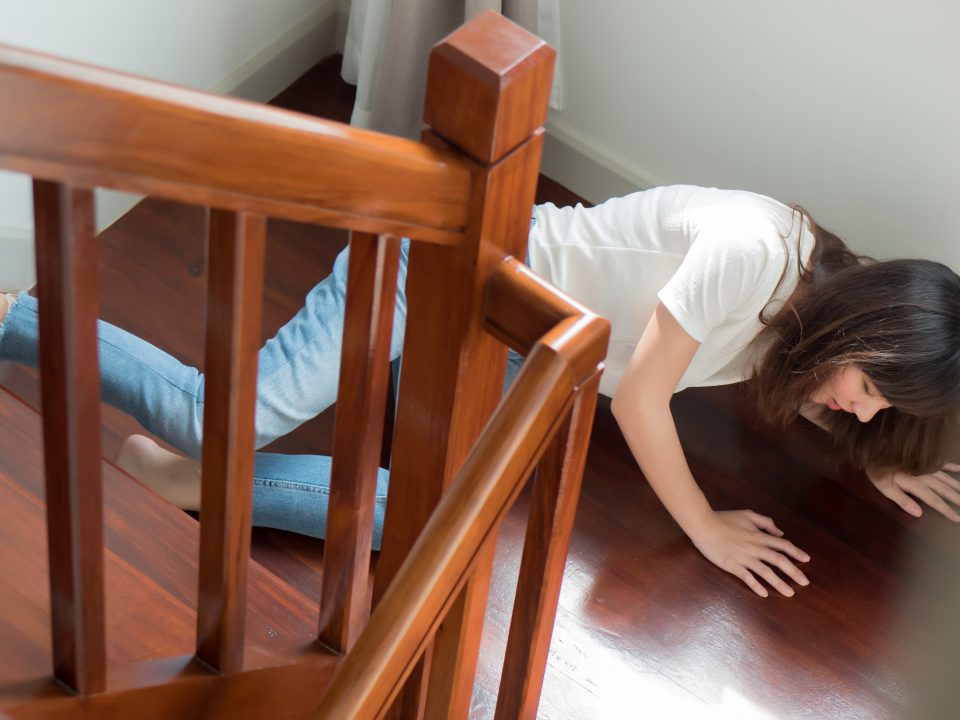
Can You Sue Your Landlord for a Slip and Fall Acci...
UPDATE: Michigan Slip & Fall Law has changed. The inform Read more…
March 1, 2021
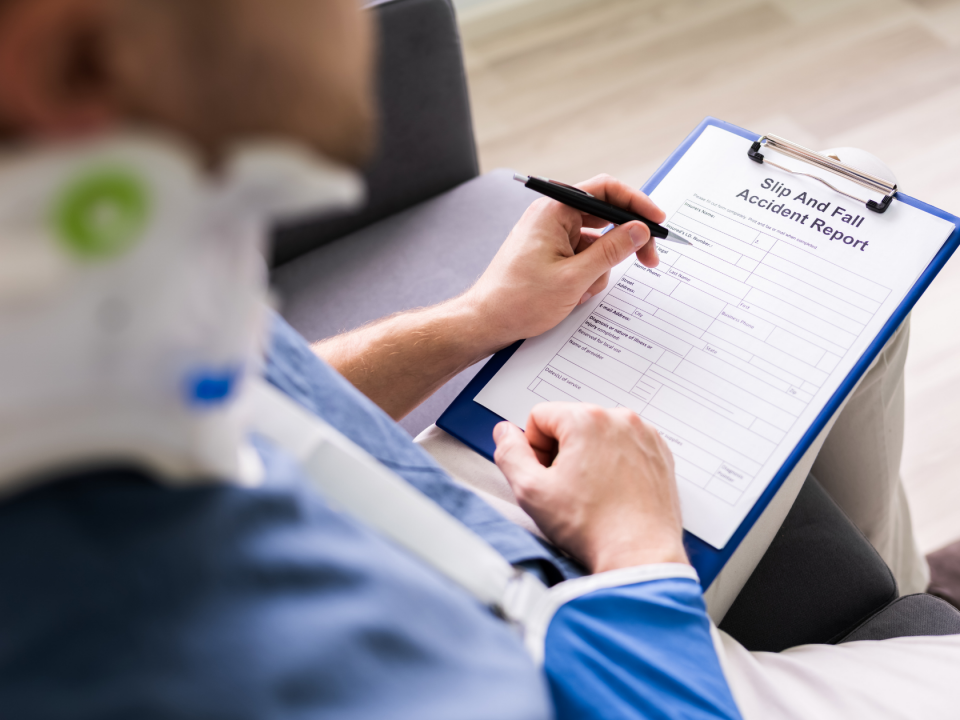
How to Know if You Have Grounds for a Slip and Fal...
UPDATE: Michigan Slip & Fall Law has changed. The inform Read more…
February 16, 2021
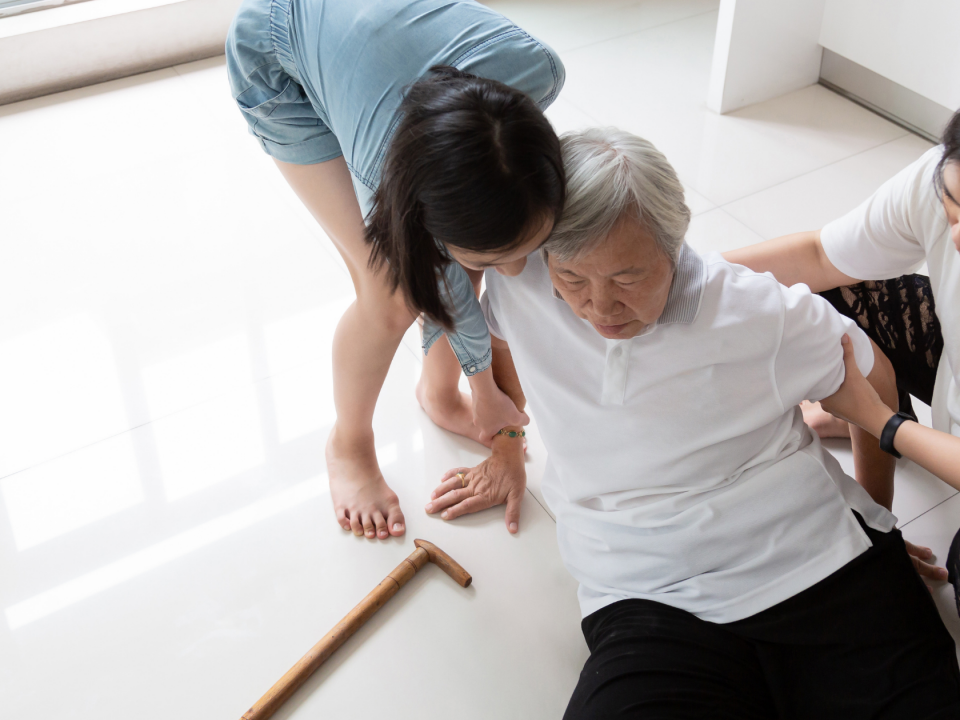
Most Common Causes of Slip and Fall Accidents...
UPDATE: Michigan Slip & Fall Law has changed. The inform Read more…
February 3, 2021
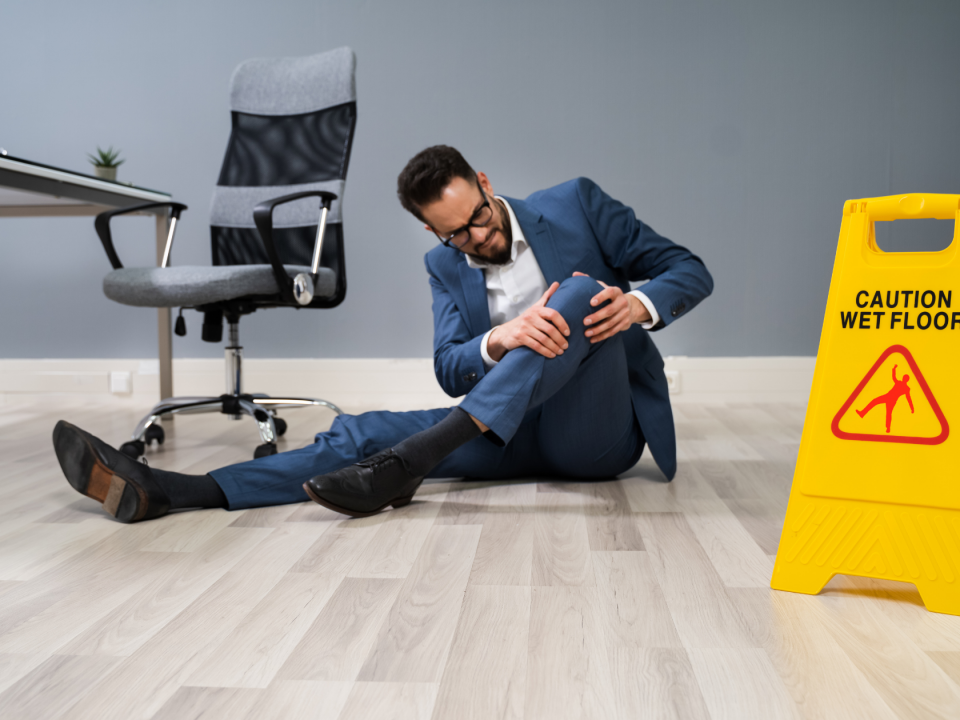
How the Open and Obvious Law Affects Your Michigan...
UPDATE: Michigan Slip & Fall Law has changed. The inform Read more…
February 3, 2021
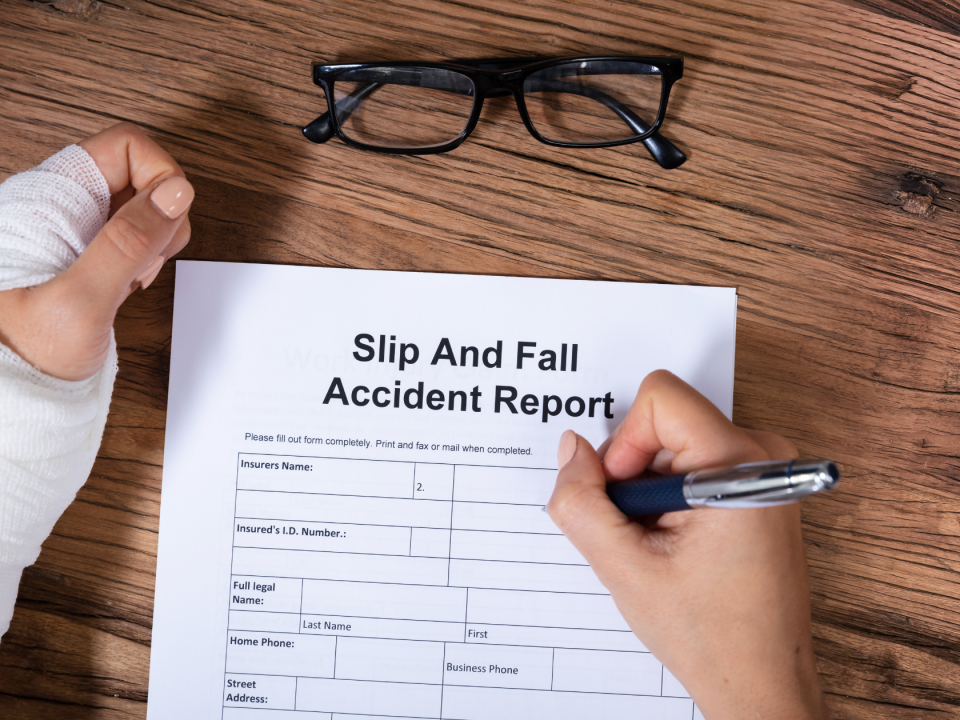
How a Lawyer Will Help You Win Your Slip and Fall ...
UPDATE: Michigan Slip & Fall Law has changed. The inform Read more…
January 29, 2021
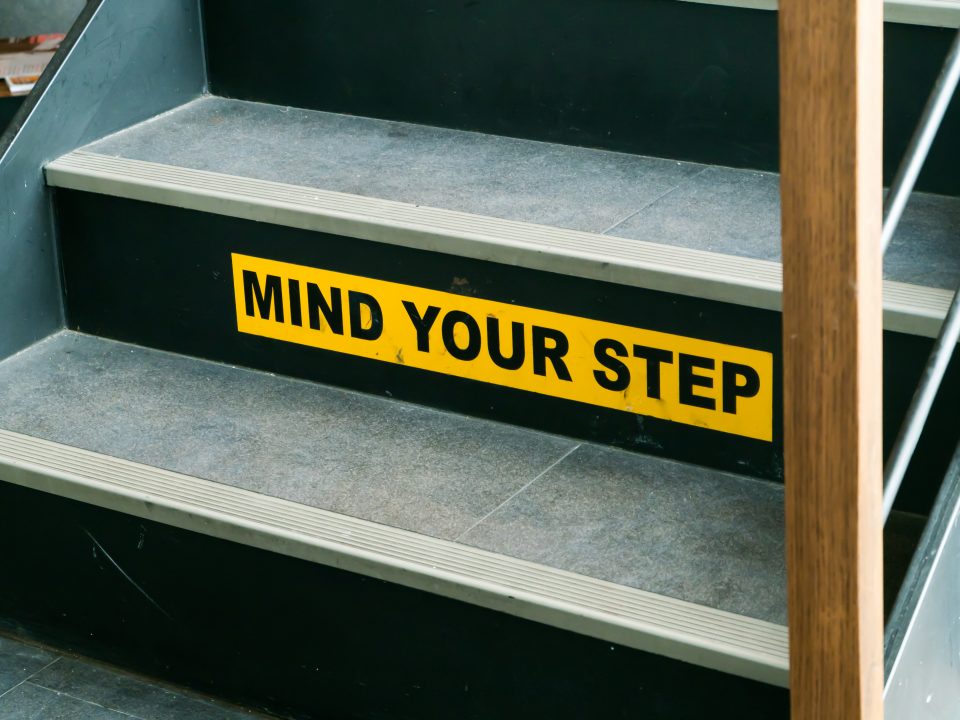
Slip, Trip and Fall Accidents: List of Surprising ...
UPDATE: Michigan Slip & Fall Law has changed. The inform Read more…
January 26, 2021
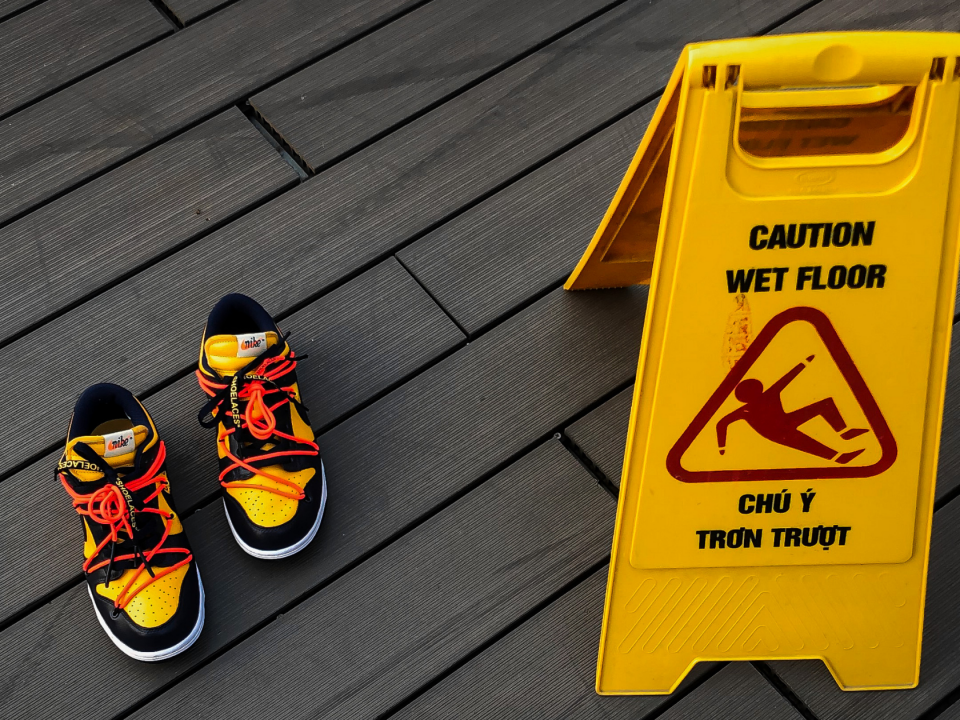
30+ Tips for Preventing Slip, Trip and Fall Accide...
UPDATE: Michigan Slip & Fall Law has changed. The inform Read more…
January 22, 2021
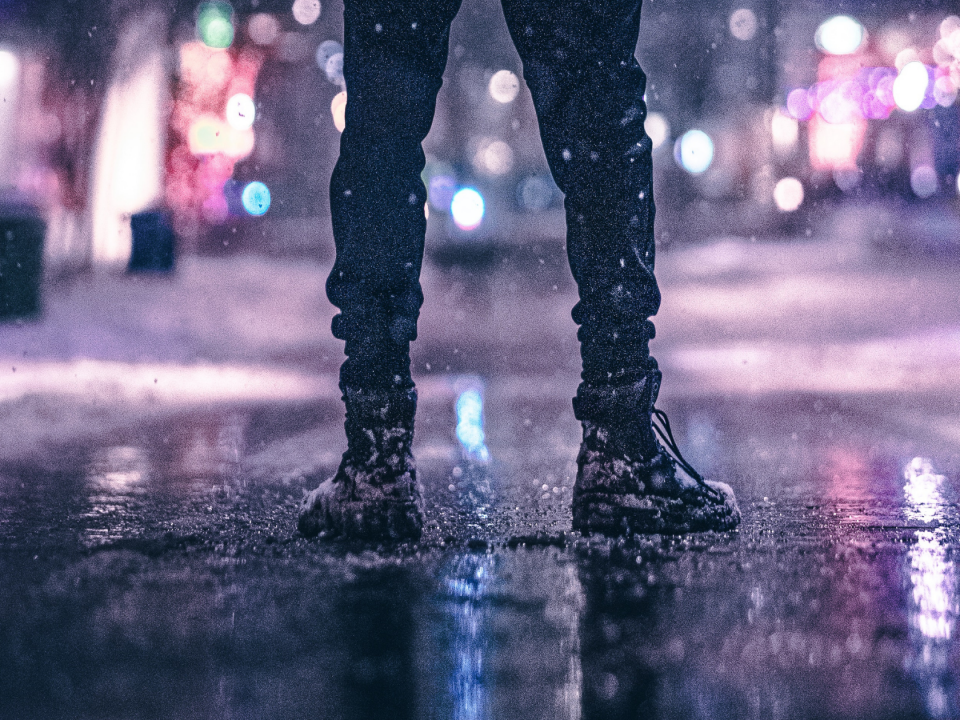
Who is Responsible for a Slip and Fall Accident on...
UPDATE: Michigan Slip & Fall Law has changed. The inform Read more…
January 19, 2021
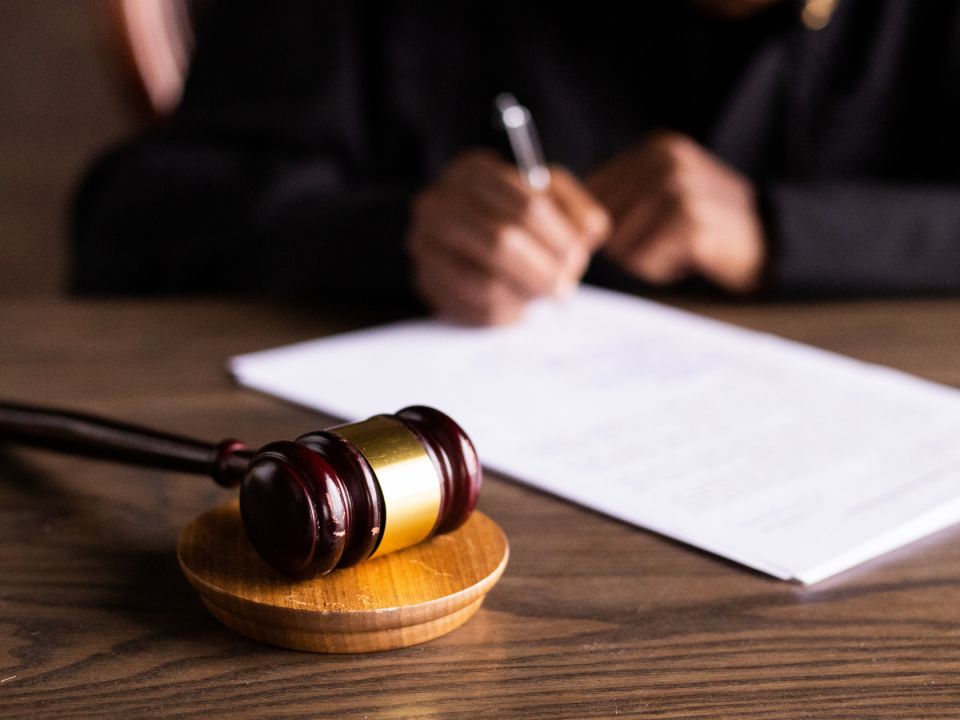
Slip and Fall Statute of Limitations: Everything Y...
UPDATE: Michigan Slip & Fall Law has changed. The inform Read more…
January 19, 2021
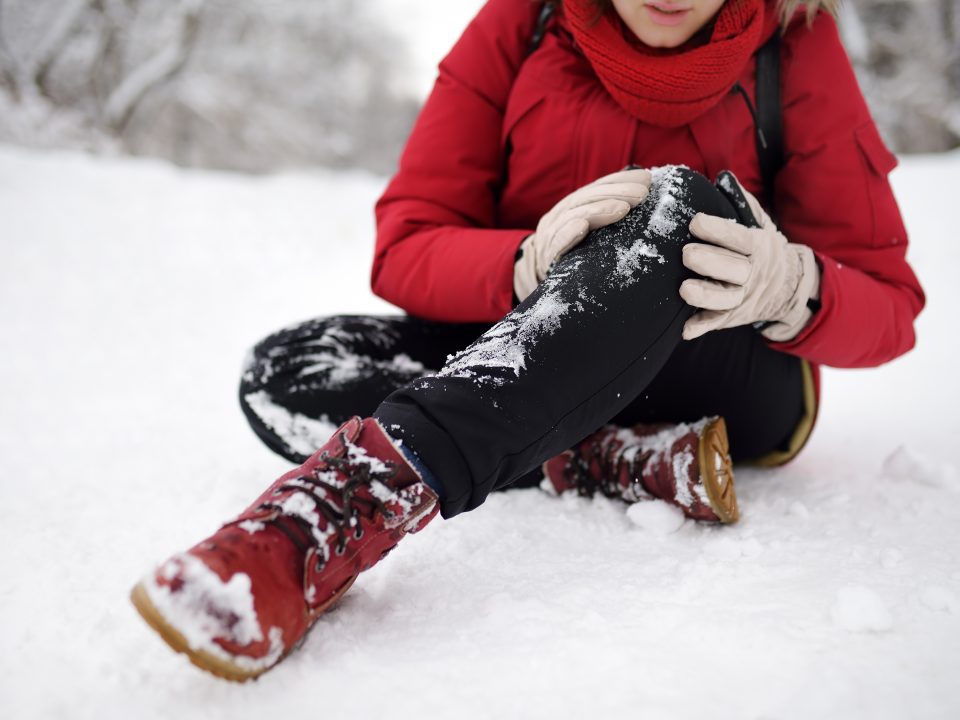
HOW IS COMPENSATION DETERMINED FOR A SLIP AND FALL...
UPDATE: Michigan Slip & Fall Law has changed. The inform Read more…
January 19, 2021
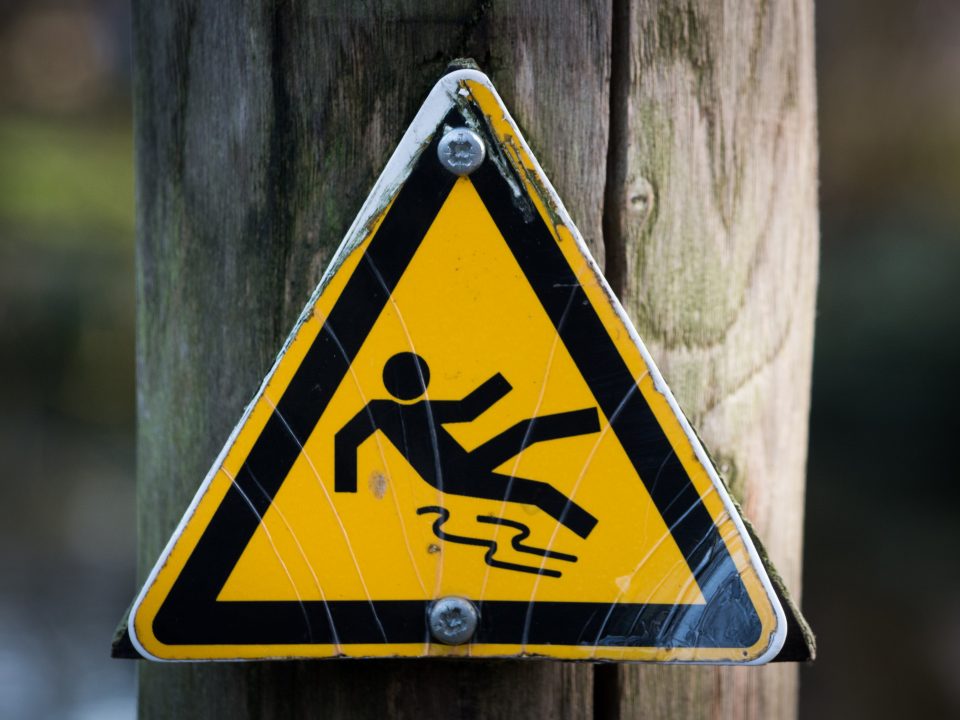
10 Common Slip and Fall Injuries You May Suffer in...
UPDATE: Michigan Slip & Fall Law has changed. The inform Read more…
November 19, 2020

Why Serious Injury Lawyers Are Important for You a...
UPDATE: Michigan Slip & Fall Law has changed. The inform Read more…


